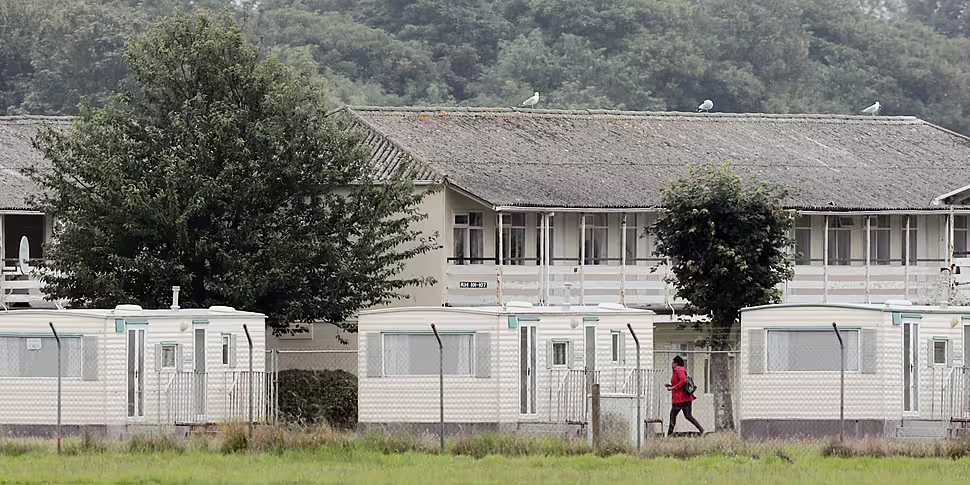More than 12,000 asylum seekers have taken up work in Ireland since new laws allowed them to do so.
Ireland opted in to EU legislation allowing international protection applicants to access the Labour market in 2018, after the Supreme court ruled that it was unconstitutional to prevent them from working.
Ireland was the last EU member to opt-in to the legislation.
Under the new laws asylum seekers can apply for a work permit after being in Ireland for five months – and can expect to get permission a month later.
New figures from the Economic and Social Research Institute (ESRI) show that 80% of people who applied for the right to work were successful.
The research was part of an EU-wide study carried out by the European Migration Network.
Right to work
On Breakfast Briefing this morning, European Migration Network (EMN) Policy Officer and co-author of the report Emily Cunliffe said the figures suggest most people of working age in Direct Provision are interested in working in Ireland.
She warned that many find it difficult to access jobs they may be trained for in their home countries.
“What we do see is many of the jobs they enter tend to be characterised by lower wages and poorer working conditions,” she said.
“They tend to be in the category of lower-skilled jobs.
“The most common jobs reported - the data is quite poor on this - the most common-reported job was general operative – that would be for example in a warehouse.
“The second most common was healthcare assistant and then kitchen porter and cleaner were the next two most common job titles.”
Barriers
Ms Cunliffe said issued with getting qualifications recognised and language barriers are among the problems asylum seekers face when looking for work.
She noted that some Direct Provision centres are also in remote locations, making it hard to find work in the local area.
Meanwhile, many face discrimination when applying for jobs or after they get them.
“People can face racial discrimination in accessing the labour market,” she said.
“We know from previous research that someone who applies for a job with a surname that’s not considered Irish would be less likely to obtain that job.
“Then they can also face discrimination in the workplace and this was reported back to NGOs that supported them.
“That can be difficult. It can raise barriers and it can also put people off seeking employment in the first place.”









